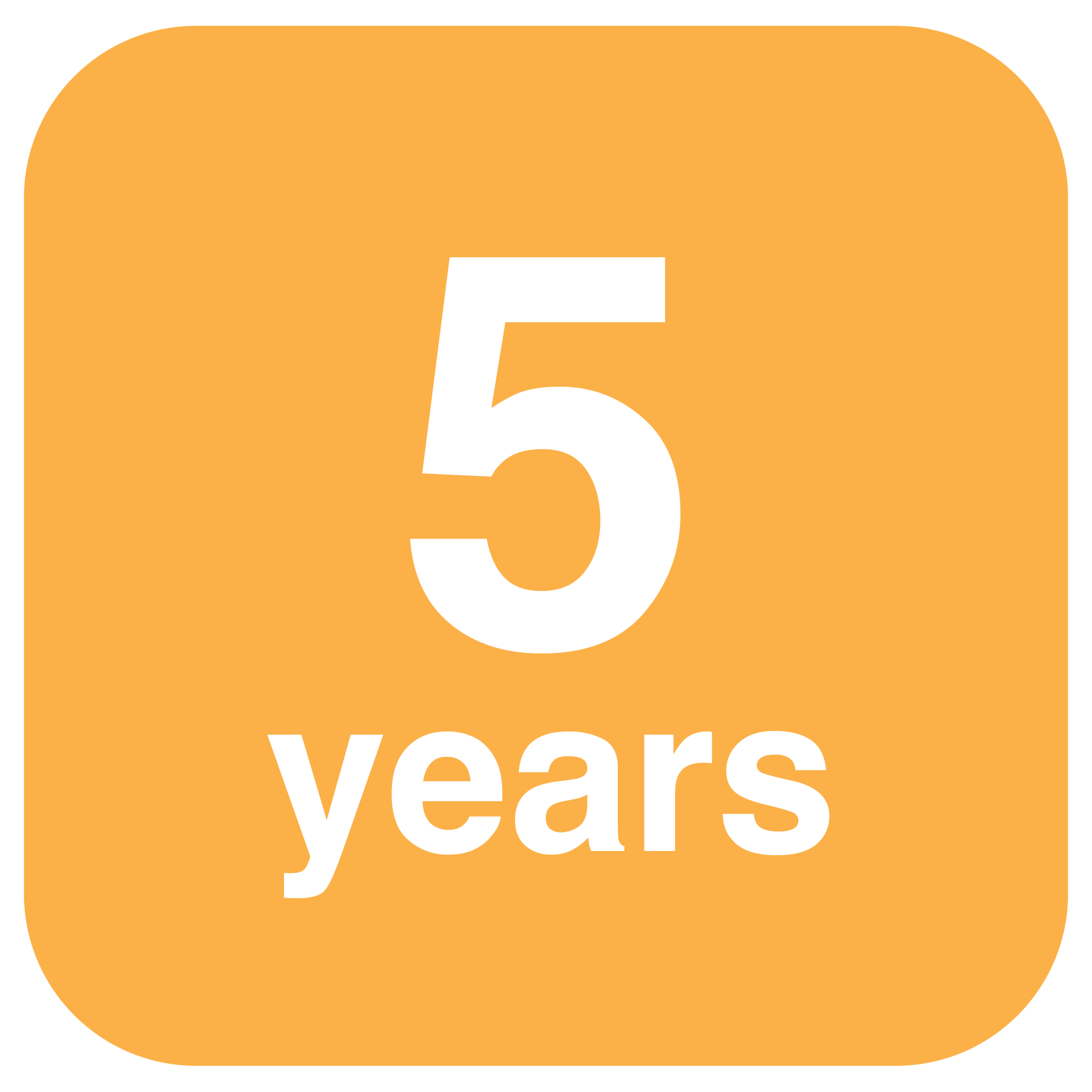MOTOR SPEECH DISORDERS
Supporting Clear and Effective Communication
When speech isn’t clear, it can be frustrating for both your child and their family. Motor speech disorders can make it difficult for your child to be understood, even though they may have the cognitive and language skills to communicate.
Is Your Child Struggling to Form Words or Sounds?
You might be wondering:
Why is my child having trouble saying words clearly?
Is this something they will grow out of?
What can I do to help my child improve their speech clarity?
At Rocky View Speech Therapy, we help children with motor speech disorders by providing targeted support and strategies to improve speech production, ensuring they are confident in their communication.
Motor speech disorders refer to difficulties with the movement and coordination of the muscles involved in speech. These disorders can affect the clarity, rate, and accuracy of speech production. There are two main types of motor speech disorders:
Apraxia of Speech (CAS): A neurodevelopmental disorder that affects a child’s ability to plan and coordinate the movements needed for speech. Children with CAS often know what they want to say but have difficulty executing the motor movements to form words.
Dysarthria: A motor speech disorder caused by muscle weakness or poor coordination, which impacts the clarity of speech. Children with dysarthria may have difficulty controlling the rate, volume, or pitch of their speech, or they may have slurred or imprecise articulation. Signs of dysarthria can include:
Both conditions can range from mild to severe and can make everyday communication challenging for your child. Early identification and intervention can help improve speech clarity and overall communication skills.
What Are Motor Speech Disorders?
Key Milestones for Speech Development
Understanding typical speech development can help you recognize when motor speech concerns may arise.
Typically developing children can use clear words and start to combine words to form phrases.
Articulation is typically understood by familiar adults.
By 2–3 years old:
Speech becomes more intelligible, with only minor errors in articulation.
Most sounds are correctly produced by this age.
By 3–4 years old:
Speech should be clear and understood by others, even unfamiliar listeners.
Speech intelligibility is nearly 100%, with minor and age-appropriate errors.
By 5 years old:
If your child is not meeting these milestones or has persistent speech clarity issues beyond these ages, it may be time to seek the support of a speech-language pathologist.
How We Support Your Family
At Rocky View Speech Therapy, we provide personalized therapy to help children with motor speech disorders achieve clearer, more effective communication.
Our approach includes:
Individualized Therapy Plans: We assess your child’s specific motor speech needs and create a targeted plan to address areas of difficulty.
Motor Planning Exercises: Using structured activities to improve the coordination and planning of speech movements.
Parent Support and Education: We empower parents with strategies and exercises they can use at home to reinforce speech goals and encourage practice.
Each session is designed to target your child’s specific needs while keeping them engaged and motivated.
Why Motor Speech Disorder Intervention Matters
Early intervention for motor speech disorders is crucial. By addressing these issues early, your child can develop the motor coordination and speech clarity needed to communicate confidently in school, at home, and in social settings.
Why Families Choose Rocky View Speech Therapy
At Rocky View Speech Therapy, we focus on empowering families with the tools and strategies to foster growth.
Here’s why families trust us for motor speech disorder support:
Experienced SLPs: Our team is skilled in diagnosing and treating motor speech disorders, including apraxia and dysarthria. We are recognized on the Apraxia Kids website for our expertise in working with children with motor speech challenges.
Tailored, Goal-Oriented Plans: We create individualized treatment plans that target your child’s unique needs, ensuring a clear path to improvement.
Parental Involvement: We equip parents with practical tools and strategies to support their child’s progress outside of therapy sessions.
FAQs About Motor Speech Disorders
Q: Can my child outgrow motor speech issues on their own?
Motor speech disorders, such as apraxia and dysarthria, typically do not resolve on their own and often benefit from early intervention. A speech-language pathologist can assess your child and recommend appropriate therapy to help improve their speech.
Q: How can I help my child practice at home?
We will provide specific strategies and exercises to practice at home, such as repeating sounds or words, engaging in speech games, or using tools to strengthen speech muscles.
Take the First Step Today
Supporting your child in overcoming motor speech challenges can lead to significant improvements in their ability to communicate. Early intervention can help your child gain confidence and clarity in their speech, making a positive difference in all areas of life.
Contact us today to schedule a first session and learn how we can help your child with motor speech development.












